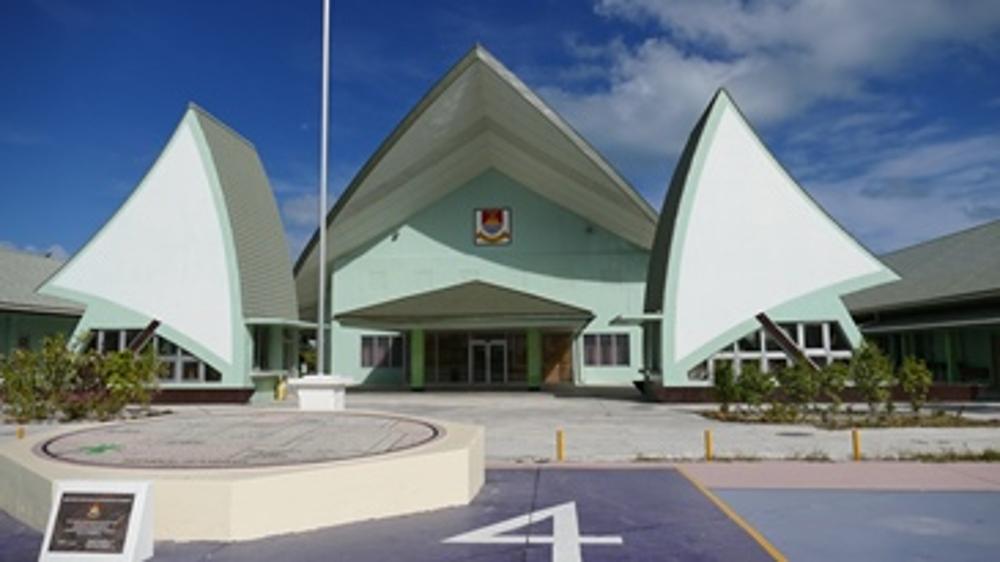Members of Parliament from all outer islands of Kiribati have participated in consultations this week about the nation’s human rights challenges, progress, achievements and plans.
The Pacific Community (SPC), with support from the European Union and the Australian Government, hosted a ‘Dialogue on Human Rights for Good Governance and Development’ with Kiribati Cabinet members, ministers and other members of parliament (MPs).
Held in Tarawa two days after the sitting of Parliament, the dialogue gave MPs an opportunity to explore and promote the integration of human rights into parliamentary proceedings and systems, recognising human rights as a fundamental building block for health, peace and prosperity in Kiribati.
“This dialogue is an important step in consolidating and facilitating Kiribati decision makers towards further strengthening of their Parliamentary roles which require understanding of basic human rights as a tool to serve well the people they stand for,” Kiribati’s Minister for Women, Youth and Social Affairs, the Hon. David Collins, said at the event opening.
Minister Collins noted that the focus of the consultations “aligns strongly to our new government’s policy and ‘words of commitment’ to the people of Kiribati on human rights, anti-corruption and an agenda that will ensure democracy and transparency remain the strong foundation of our national commitment to serve and nurture our people”.
In his opening remarks, the Speaker of Parliament, the Hon. Teatao Teannanki, emphasised that MPs have a golden and important opportunity through the dialogue to strengthen their responsibilities as duty bearers.
“To fulfil our duties, we need to develop a clear understanding of human rights, and our roles as key decision makers of Kiribati to protect, promote and fulfil the rights of all people in Kiribati, including the rights to culture, identity, family, health, peace and economic opportunity,” the Speaker said.
MPs discussed issues such as corruption and its impact on human rights and development; domestic violence, including Kiribati’s new Domestic Violence Act, Te Rau n Te Mwenga, and its implementation; international human rights frameworks including the Convention on the Elimination of All Forms of Discrimination Against Women, Convention on the Rights of the Child, and Convention on the Rights of Persons with Disabilities and the need for reporting to these core treaties.
SPC, through its Regional Rights Resource Team, will provide a paper to Cabinet expanding on these and other issues arising from the dialogue.
The Acting Director of RRRT, Nicol Cave, thanked all partners who had contributed over a number of months to ensure the event’s relevance to the Parliament, context, culture and priorities of Kiribati.
“Working together has made it possible for MPs to tap into the combined expertise of their Speaker, the Minister for Women and his able team at the Ministry of Women, Youth and Social Affairs, UN Women, UNICEF, the local disability organisation, Te toa Matoa, and SPC,” Ms Cave said.
Human rights provide a set of legal and moral standards to guide the work of governments and other political and social actors.
Without good governance and the protection and promotion of human rights, sustainable and equitable development cannot be achieved.
At a regional consultation in Denarau, Fiji, in 2015, MP’s formally recognised the vital role of Parliament and parliamentarians to respect, fulfil, protect and promote the inherent rights of all people in the Pacific, and called upon SPC, through RRRT, to roll out national MPs consultations to progress human rights, good governance and development.
Media contact:
Onorina Saukelo, SPC Communications Officer, [email protected] or +679 330 5582
Useful link:
SPC’s Regional Rights Resource Team
